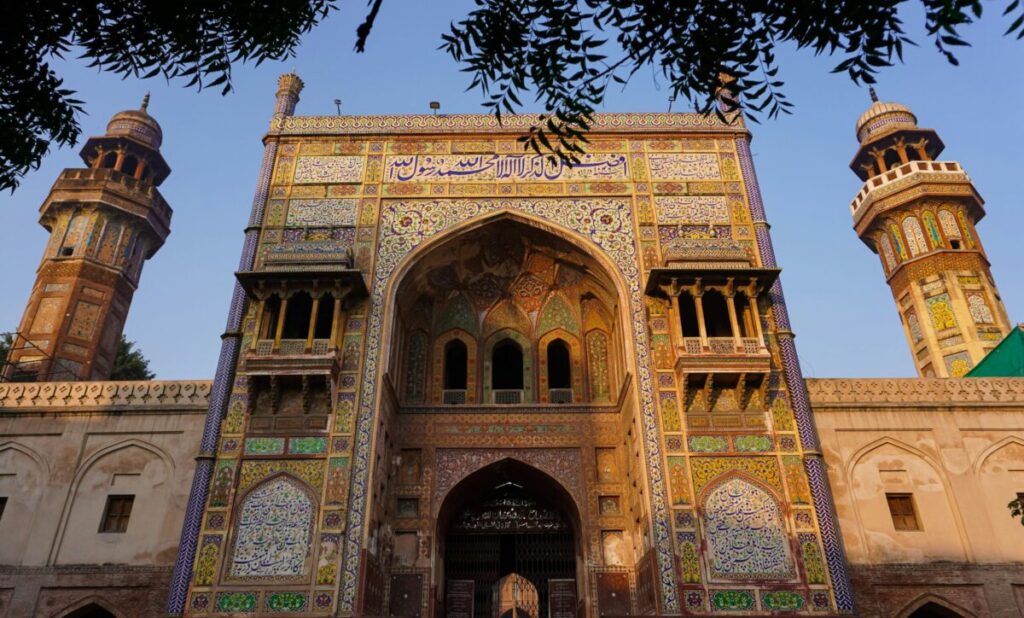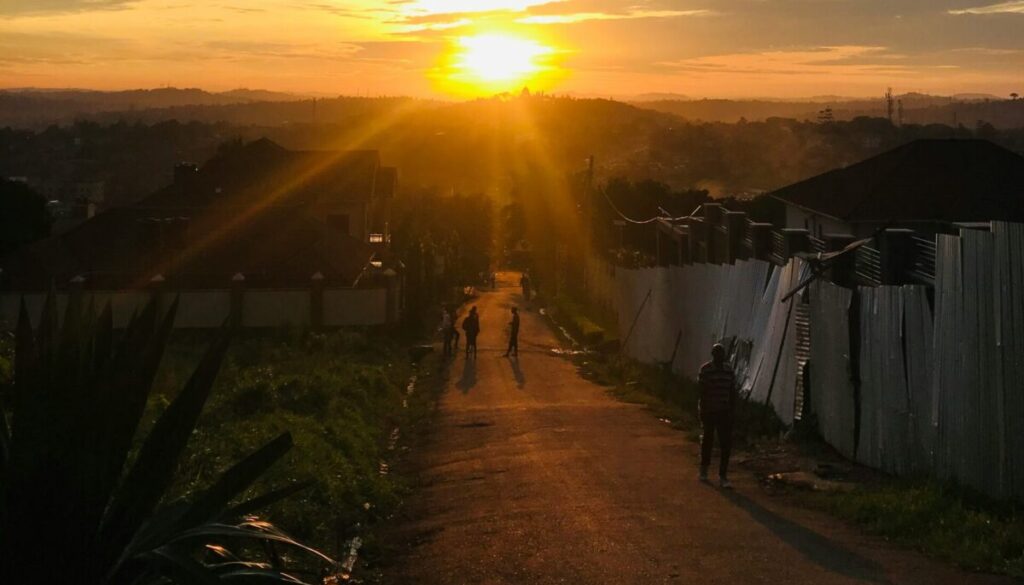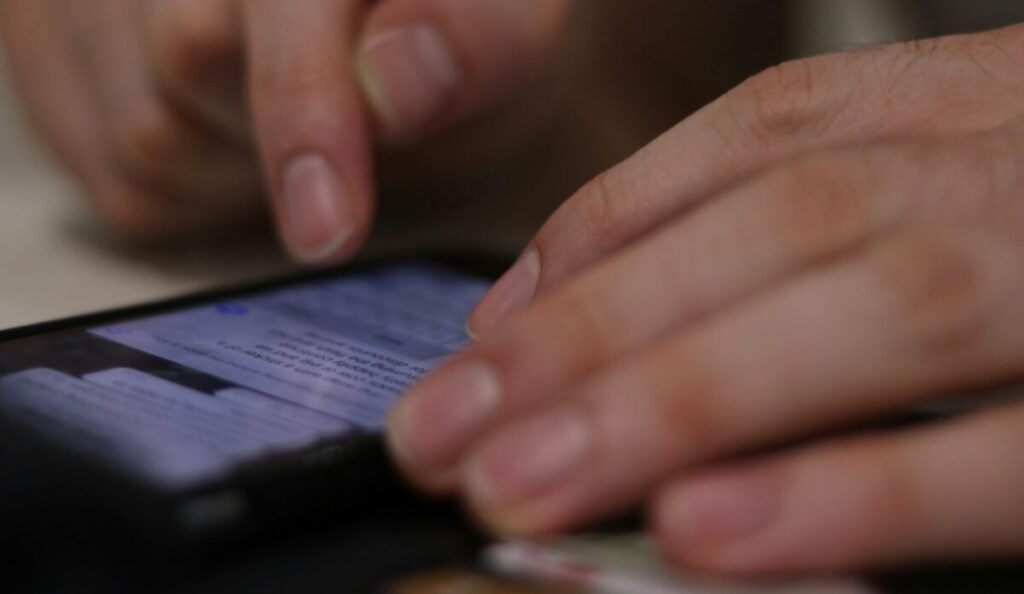WASHINGTON — Observant Jews are expressing concerns over legislation extending daylight-saving time by two months, saying that the late sunrises would impact their ability to pray in the morning and still reach work by 9 a.m.
The provision, which set daylight-saving time between March and November instead of April and October, was approved July 19 by a joint House-Senate conference committee.
According to Jewish law, certain prayers, including the prayer recited each day by people in mourning, cannot be recited without a minyan, or a quorum of 10 members, present. Further those prayers, which last between 30 and 40 minutes, cannot be recited before sunrise.
Under the daylight-saving extension, sunrise in the month of November would come between 8:30 and 8:45 in most locations, said Mark Waldman, director of public policy for the United Synagogue of Conservative Judaism.
Supporters of the provision say that extending daylight-saving time would save 100,000 barrels of oil each day by extending daylight hours into the afternoon and requiring businesses to use less energy to stay open.





Share with others: